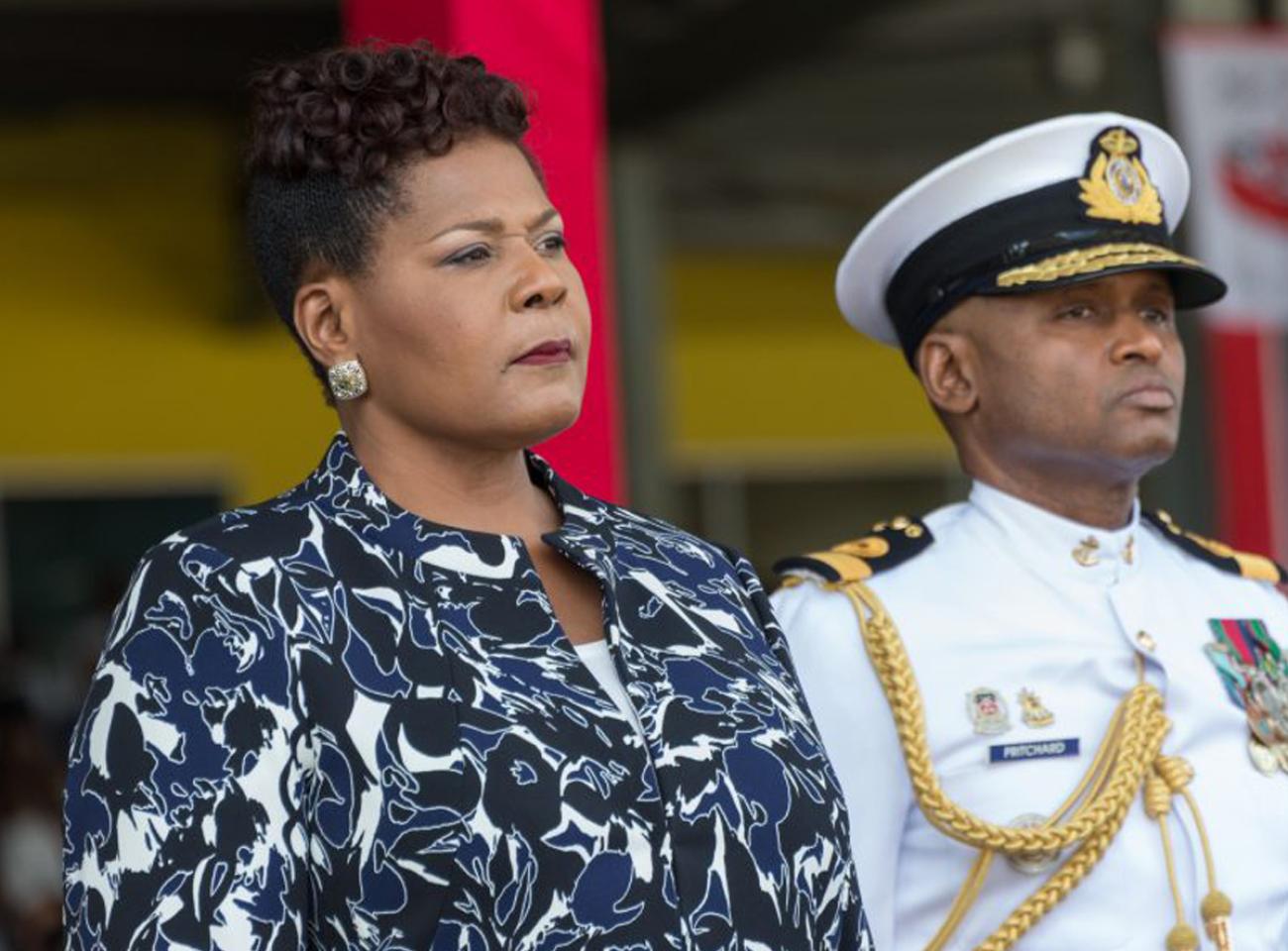President of Trinidad and Tobago calls for Compassion on International Migration Day

President Paula-Mae Weekes says Trinidad and Tobago has an obligation to refugees and citizens should be compassionate toward persons who have fled their home.
President Paula-Mae Weekes says Trinidad and Tobago has an obligation to refugees and citizens should be compassionate toward persons who have fled their home countries in search of a better life.
She made the comment via a statement in commemoration of International Migrants Day on December 18.
According to the release, President Weekes says this day acknowledges the millions of men, women and children who leave their homes, communities and countries in search of safety, stability and a brighter future.
She notes that economic desperation in our nearest neighbour, Venezuela, has led to millions of people seeking refuge in nearby countries, including our own.
The President says migration is a complex issue which brings great opportunity for dialogue and understanding.
She says the decision to leave home is rarely easy and usually the result of a combination of factors such as poverty, hunger, economic depression, insecurity and political oppression; the journeys undertaken often long and perilous and can leave migrants vulnerable to exploitation and abuse.
The President says T&T should do what it can to assist individuals seeking to escape their troubles at home.
“Our nation has committed to fulfilling the United Nations 2030 Sustainable Development Agenda which promises to leave no one behind. As citizens, we are called to show compassion and solidarity with our fellow human beings in their time of desperation and need. As we continue to refine our response to increasing numbers of migrant arrivals, let us remember that human beings deserve to live in dignity and freedom and resolve to ensure that the universal principles of equality, justice and freedom are applied to all.”
President Weekes further notes that migration can be a powerful driver of development and economic growth but must be properly managed through the relevant legal and policy frameworks.
She says Trinidad and Tobago is not exempt from its citizens moving from one place to another, adding that T&T's history is built on migration – both voluntary and involuntary.
"The arrival of the Santa Maria, Nina and Pinta in 1498 which was closely followed by migrants from other parts of the world – colonizing forces from Europe, enslaved Africans from West Africa, indentured labourers from India and China and people fleeing religious persecution in Syria. The flow of migrants has gone both ways, with over 373,000 Trinidad and Tobago nationals living abroad, according to United Nations estimates.”
According to the International Organisation on Migration, there are 258 million people worldwide who are residing in a country other than their country of birth.


